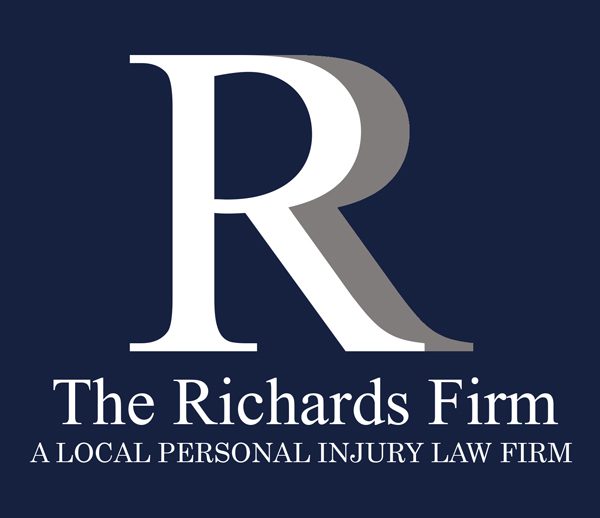Injuries caused by the actions, inaction, or omissions of a caregiver, nurse, nursing home, doctor, or other medical professional can be referred to as negligence or malpractice. When that occurs, the injured party may be entitled to recover for his or her damages, including, but not limited to, medical expenses, lost wages, and pain and suffering for the injuries resulting from that behavior.
Though closely associated, it’s important to understand the distinctions between negligence and medical malpractice.
What is Negligence?
Black’s Law Dictionary defines negligence as ”the failure to exercise the standard of care that a reasonably prudent person would have exercised in a similar situation.” When broken down, negligence is essentially a failure to take care which causes damages to another person. Negligence is when harm is caused not through direct action. In short, negligence results from carelessness, oversight, or a mistake that shouldn’t have happened that leads to serious consequences.
When proving negligence, it must be shown that the injury would not have taken place had the proper steps been followed.
What is Malpractice?
Malpractice is a specific type of negligence, sometimes referred to as “professional negligence.” That’s not to say that every negative outcome in a professional situation is malpractice. As a professional, many doctors and other medical providers are held to a higher standard of care to their patients. Malpractice can occur when a doctor makes the decision, is aware of the consequences of that decision, and makes it regardless. A doctor may also choose not to do something (such as skipping a step in surgical preparation) or inadvertently omit a step accepted by the medical community as necessary in whatever procedure.
Medical malpractice cases require affidavits of merit from doctors in the field, significant gathering of evidence, expert trial testimony, and more. While negligence cases can also be complex, the distinction between the two can alter such things as statutes of limitations, anticipated case expenses, and even the likelihood of finding an attorney or actually recovering on a potential claim.
Choosing a Lawyer
If you believe you are a victim of malpractice or negligence, the first thing you should do is speak to an experienced personal injury lawyer. Personal injury attorneys have the knowledge and experience to help you distinguish between the types of claim you or a loved one might have. This helps ensure you not only win your case but receive the full amount you are legally owed.
At the Richards Firm, we provide representation for those who have been harmed due to different types of negligence.
That said, we do not specifically handle medical malpractice cases. We are able to refer you to a number of local, trustworthy attorneys who specialize in this specific area. The Richards Firm places a special emphasis on client care, making sure you get the attention you need whether it’s with us or another firm.
With the Richards Firm, you only pay if you win.
For a personal injury lawyer in Northern Kentucky, Cincinnati, Hamilton, and general Southwestern Ohio area, contact The Richards Firm today!
